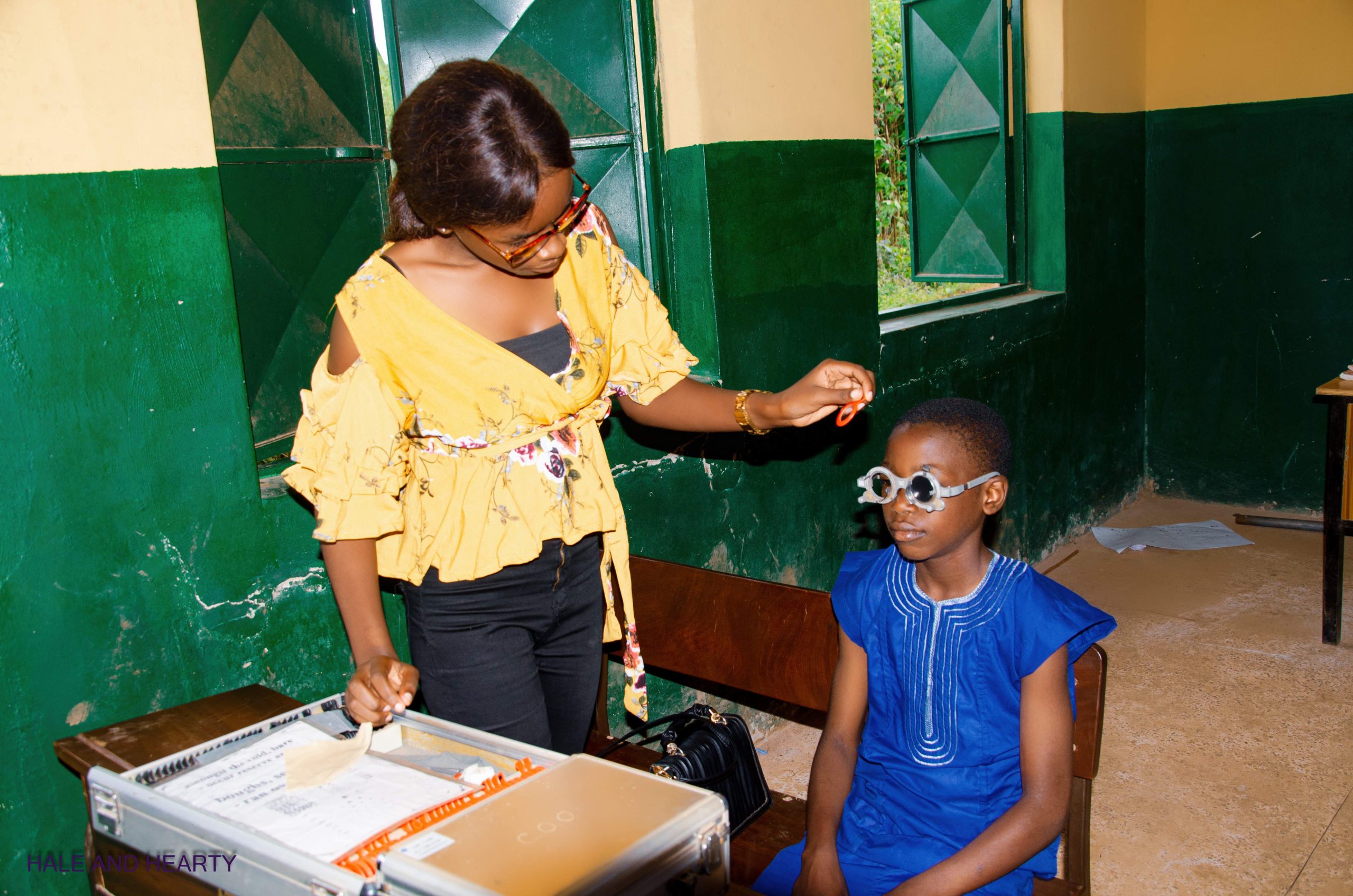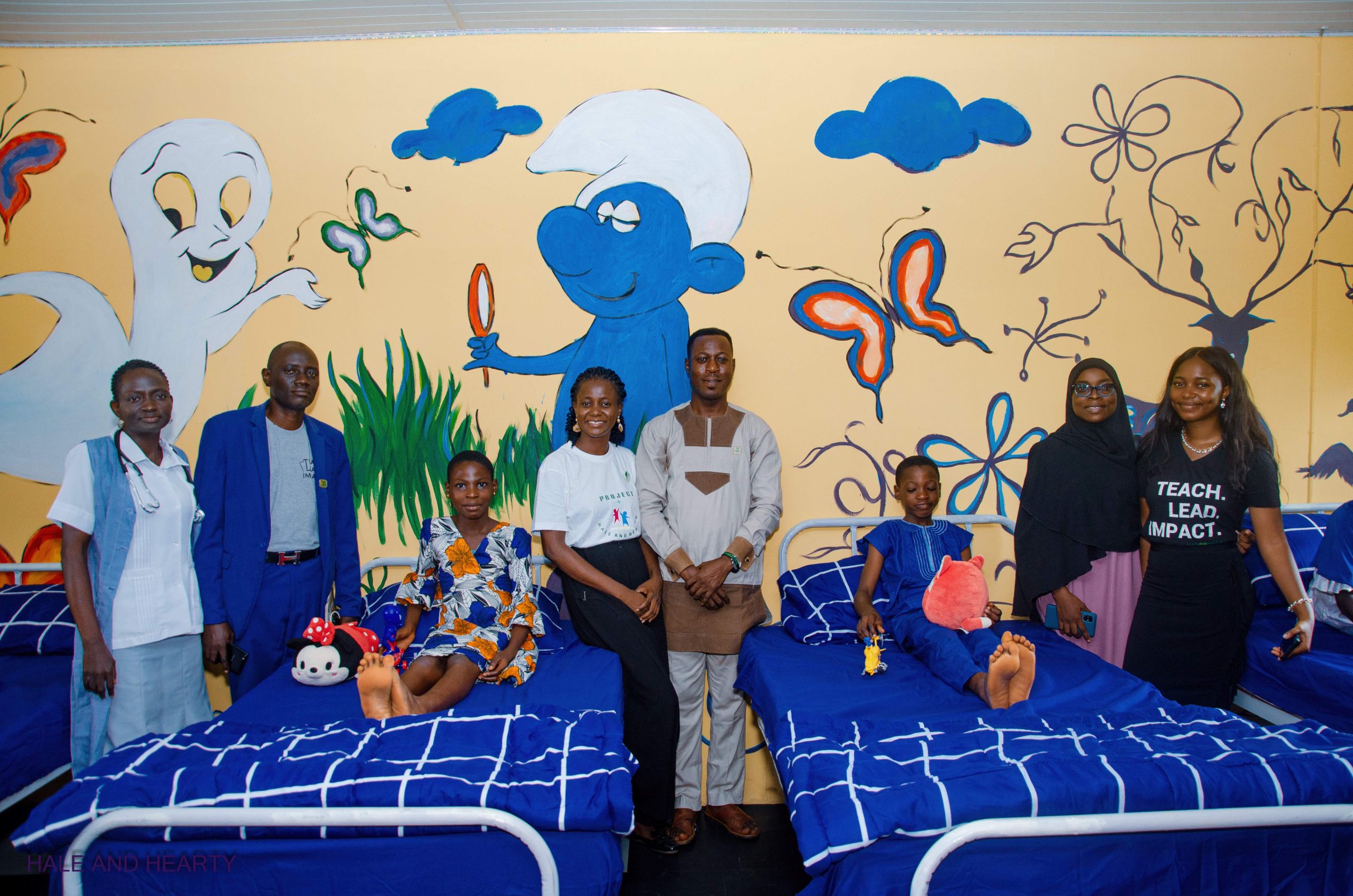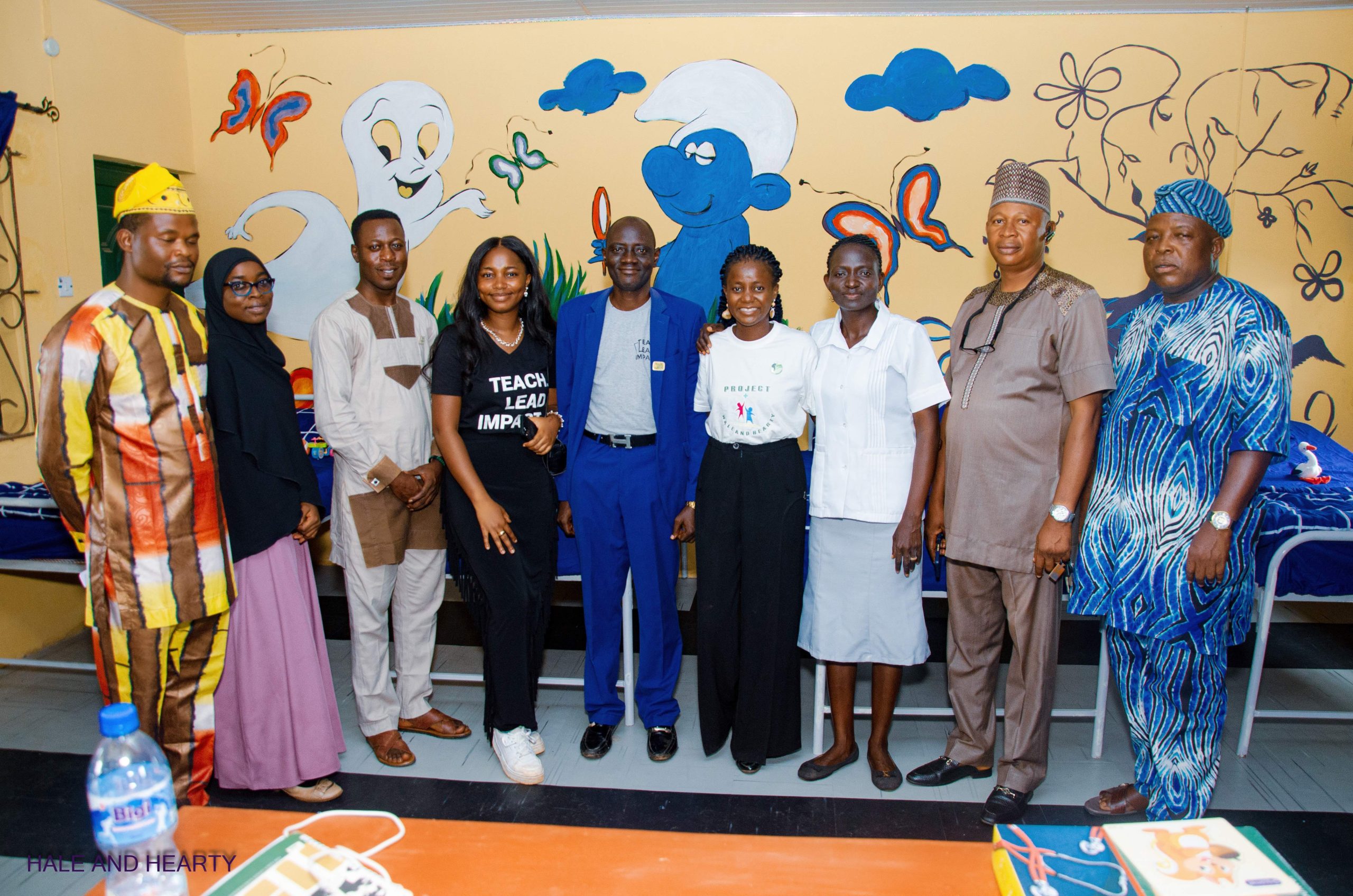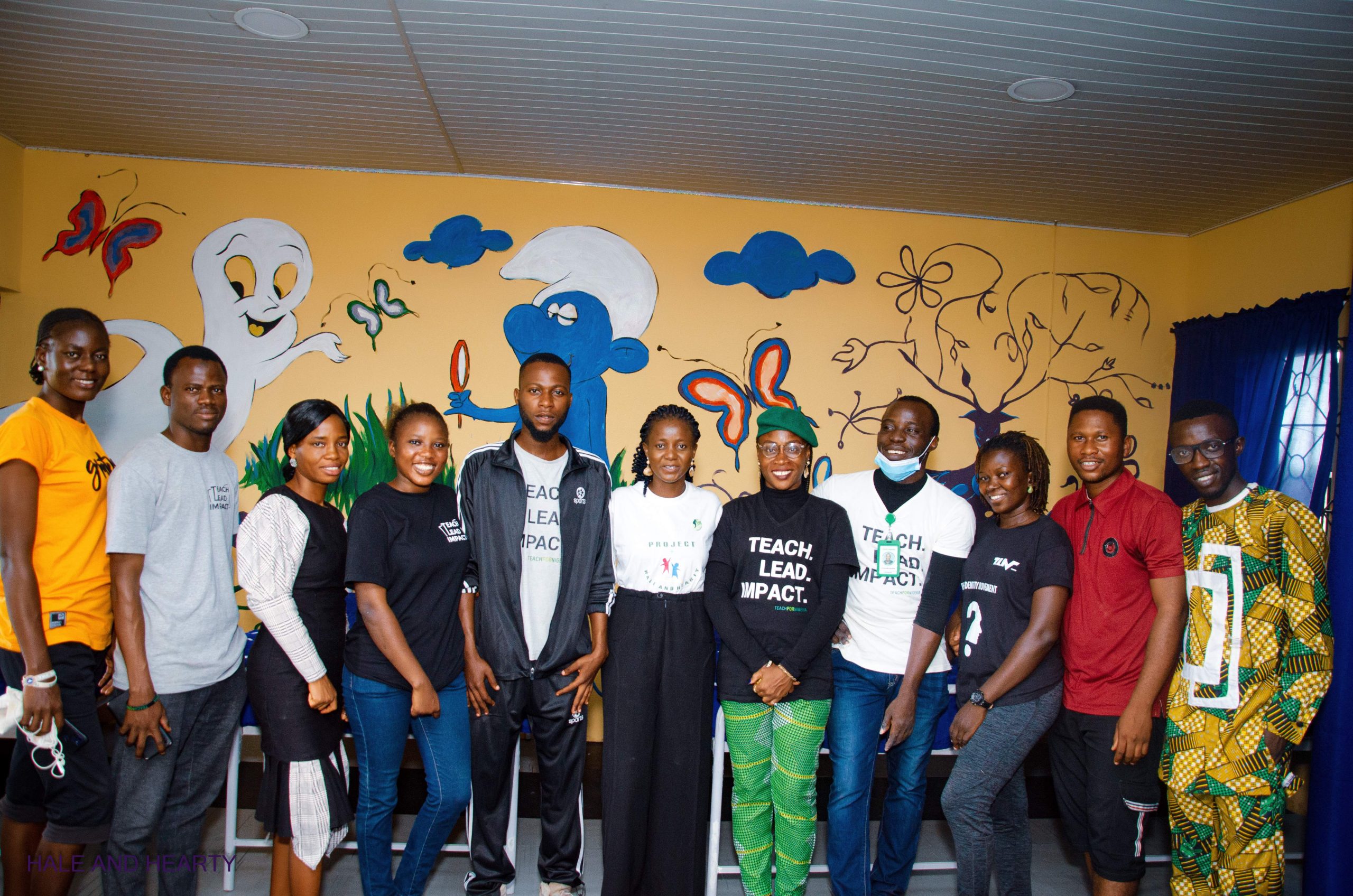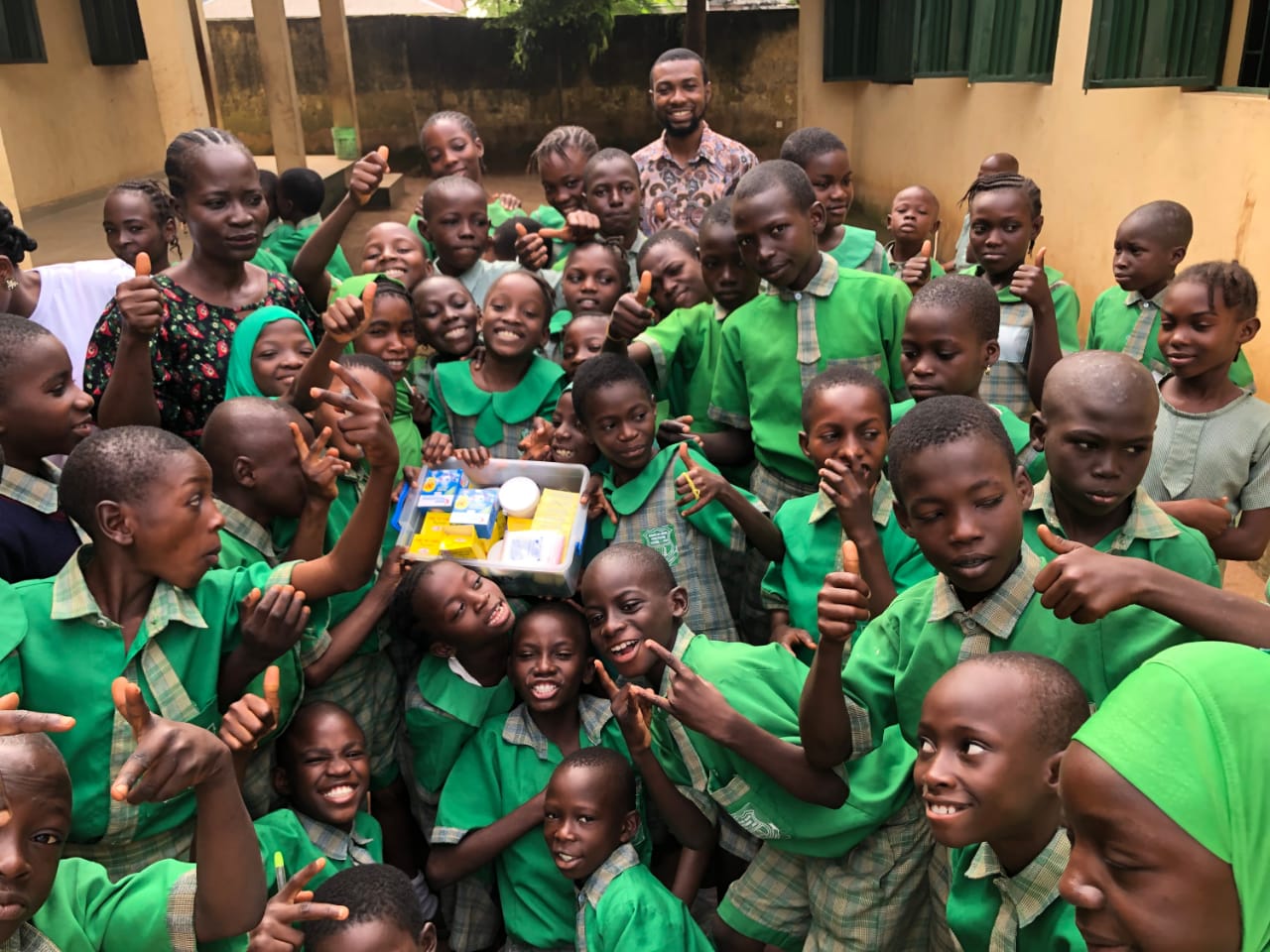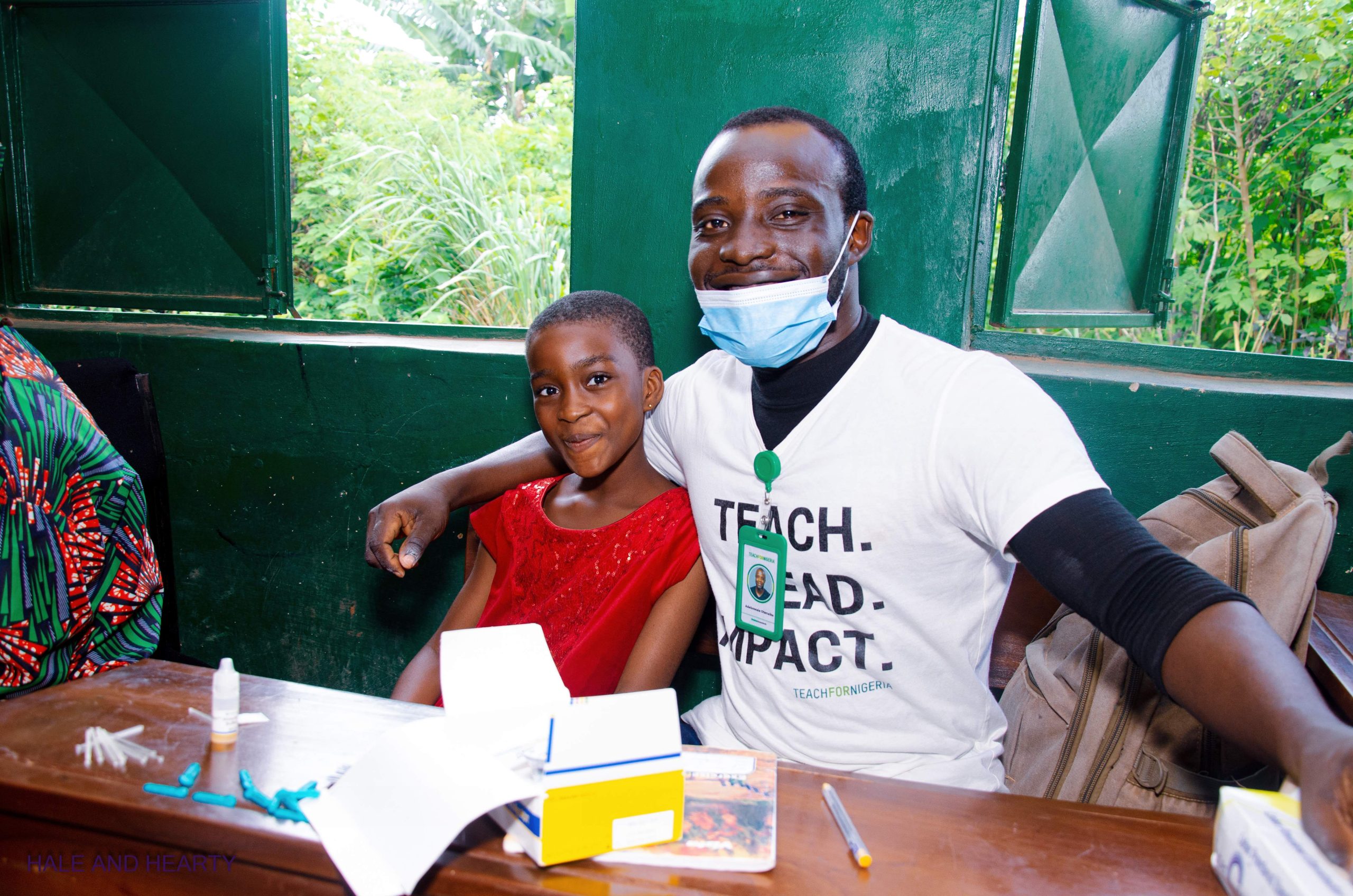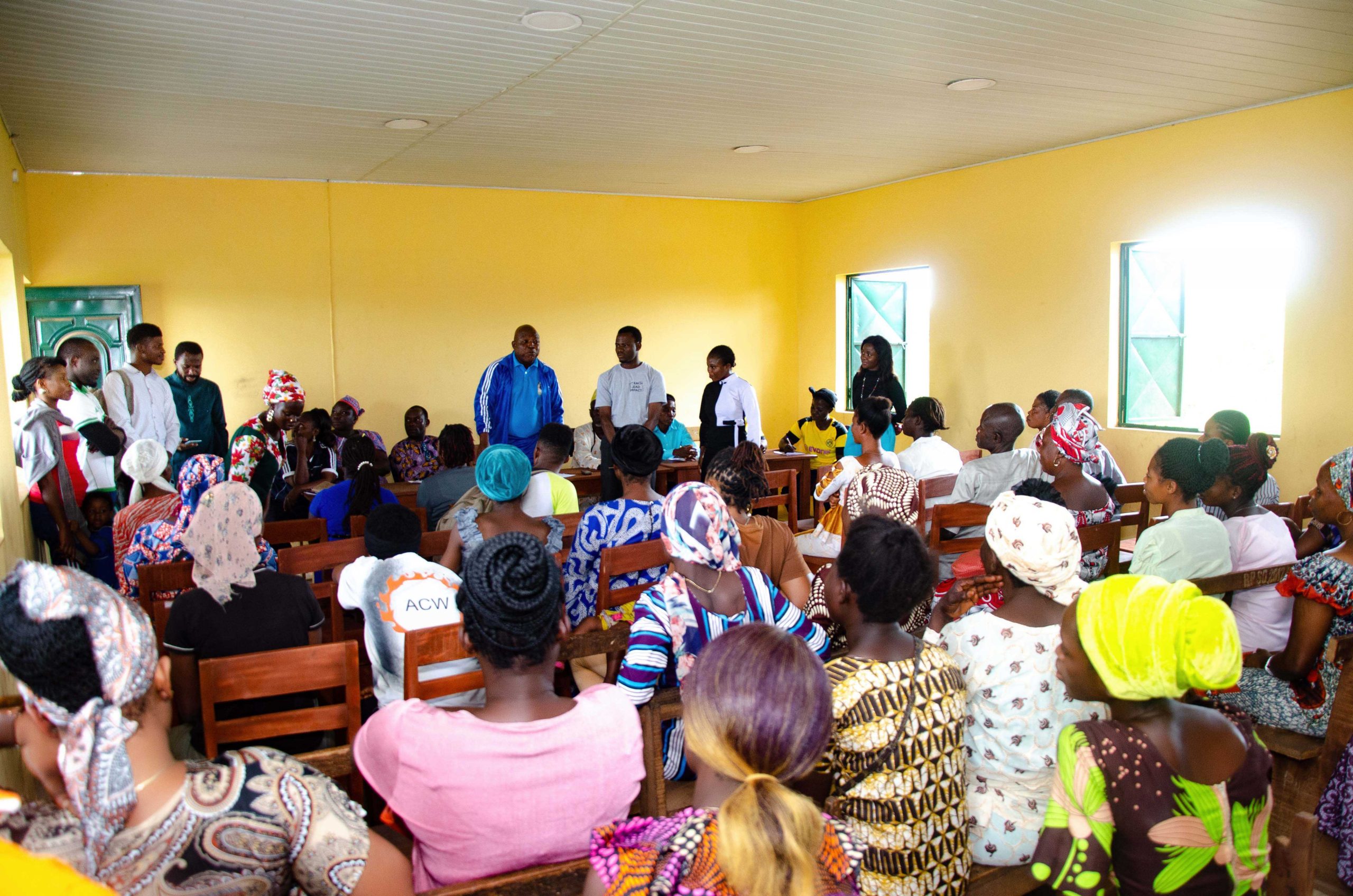Cognitive development is a crucial aspect of a child’s growth, encompassing their thinking abilities and mental processes. Early childhood marks a period of significant cognitive milestones as children acquire and refine various cognitive skills. In this blog post, we will explore the key cognitive milestones achieved during early childhood and how they lay the foundation for future learning and intellectual growth.
Rapid Cognitive Development in the First Two Years
During the first two years of life, children experience remarkable cognitive growth. They begin recognizing familiar faces, understanding simple instructions, and engaging in basic problem-solving, such as finding hidden objects. Their cognitive abilities expand at a rapid pace, forming the building blocks for further development.
Language Development and Symbolic Thinking at Age Three
Around the age of three, children show significant advancements in language skills and vocabulary. They can understand and follow more complex instructions, express themselves more effectively, and engage in imaginative play. This marks the emergence of symbolic thinking, as they use objects or actions to represent other things, fostering creativity and cognitive flexibility.
Improved Memory and Conceptual Understanding at Ages Four to Five
Between the ages of four and five, children demonstrate further cognitive advancements. They develop a better understanding of cause and effect relationships, exhibit improved memory skills, and begin grasping concepts such as numbers, shapes, and colors. Their problem-solving abilities become more sophisticated, allowing them to solve puzzles and engage in complex imaginative play scenarios.
Social Cognition and Emotional Awareness
In addition to cognitive growth, early childhood is a period of enhanced social cognition. Children become increasingly aware of their own emotions and those of others, exhibit empathy, and begin recognizing and respecting social norms and rules. These social cognitive skills play a vital role in their interactions with peers, forming the basis for positive relationships and cooperative behavior.
The cognitive milestones achieved during early childhood serve as a foundation for lifelong learning and intellectual growth. As children develop their thinking abilities, language skills, problem-solving capabilities, and social cognition, they are equipped with the necessary tools to navigate future educational endeavors successfully. Parents, caregivers, and educators play a critical role in supporting and nurturing these cognitive milestones, providing an environment that stimulates curiosity, exploration, and meaningful interactions. By understanding and fostering cognitive development in early childhood, we can set children on a path towards a lifetime of learning, discovery, and intellectual fulfillment.




